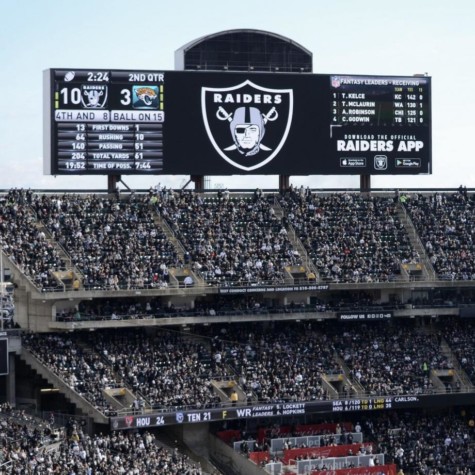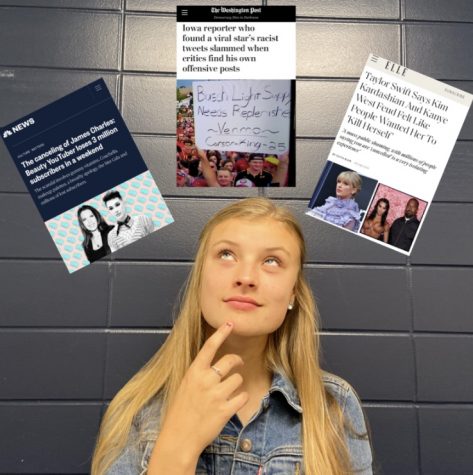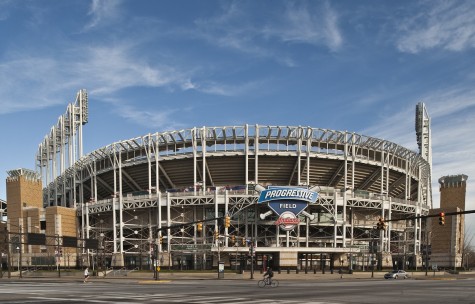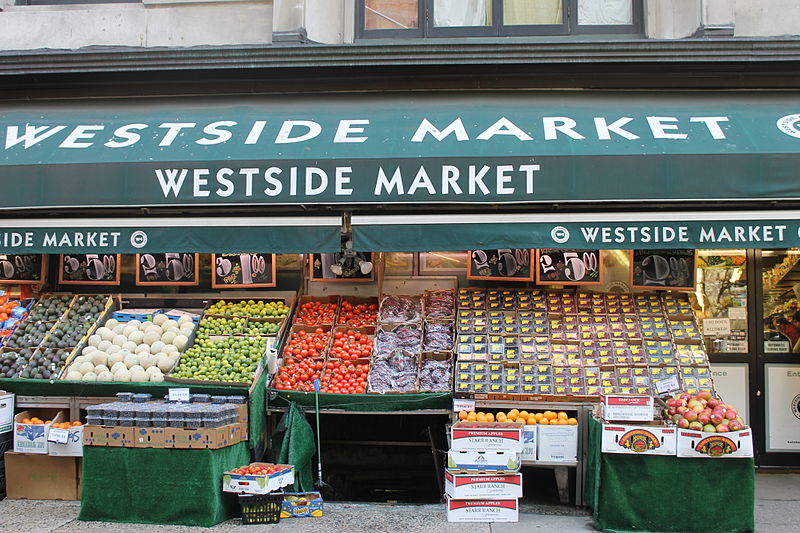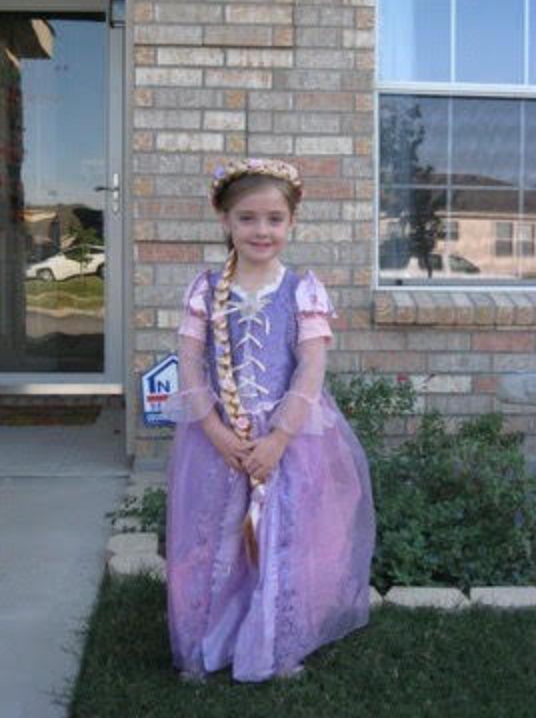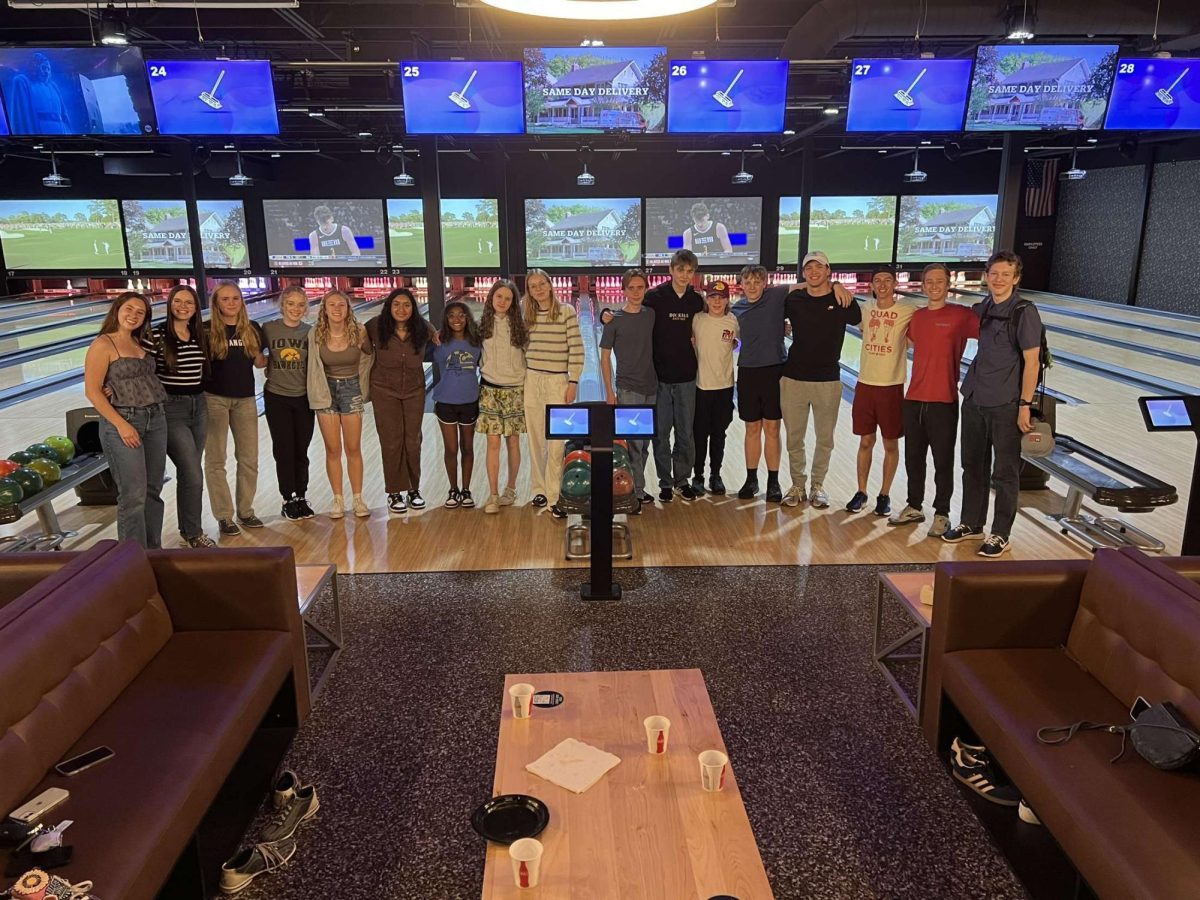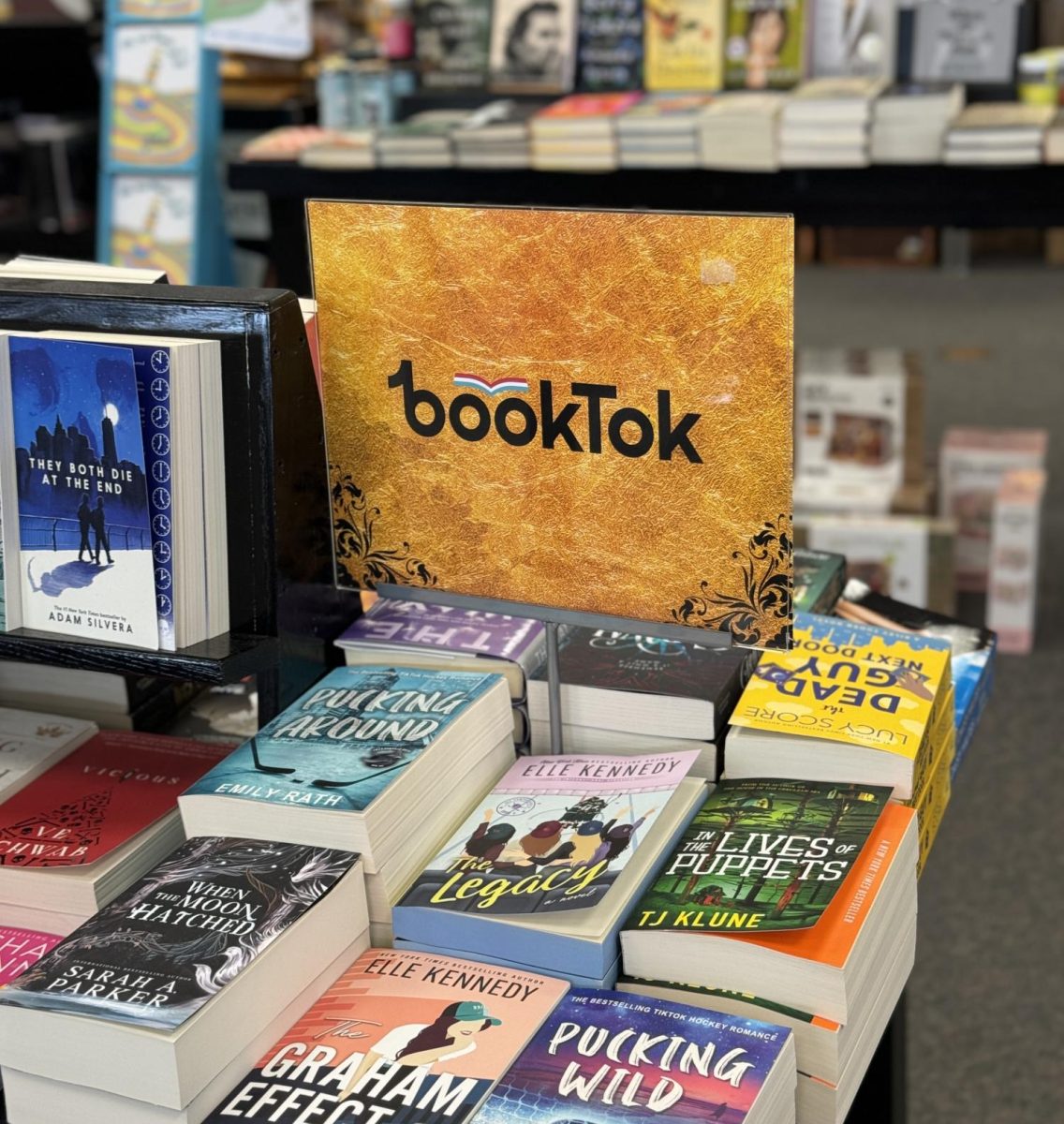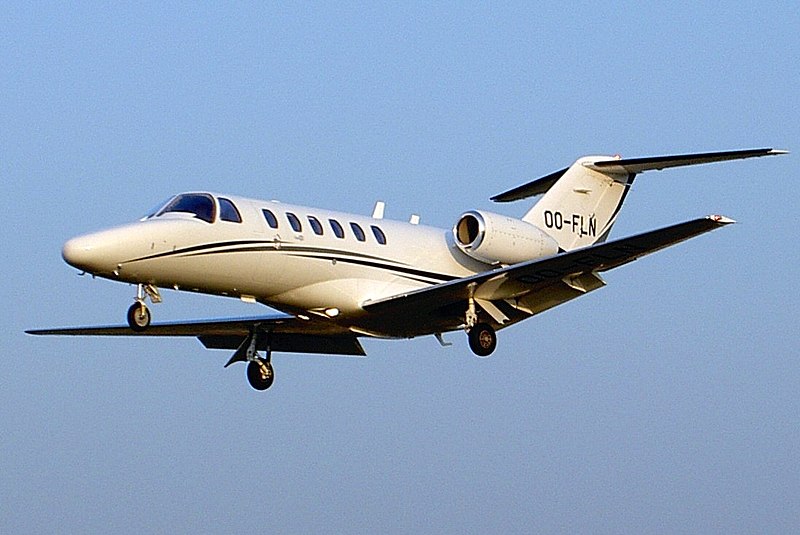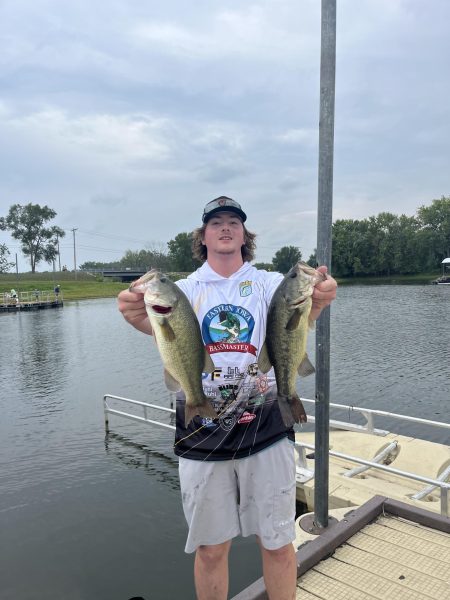Prior to the 2020 NFL season, Washington DC’s National Football League (NFL) team had gone by the name Redskins since 1933, one year after its inception as the Boston Braves. However, this name was removed in 2020 over complaints that it was offensive to Native American people, many by Native American groups.
Now, some Native Americans want the name back.
The fight over Washington’s name and brand has been ongoing for many years. In 1992, two thousand Native American activists held a protest outside the site of the team’s Super Bowl win in Minneapolis, calling the team owner and NFL commissioner racist and demanding the removal of all Native American team names.
However, despite growing pressure to change the name, team ownership held strong.
In 2013, owner Dan Snyder said, “We will never change the name of the team. We’ll never change the name. It’s that simple. NEVER — you can use caps.”
After this opposition, the movement against the name only gained more traction. From President Obama weighing in on the team’s name, Oneida Nation leaders calling for the NFL to stop using a racial slur as the name of the team and the running of “Change the Mascot” ads on local radio stations, the name change was imminent.
The final blow to the team’s name came in 2020 after the death of George Floyd and the growth of racial justice movements across the country. Team sponsors such as Nike, Pepsi and FedEx threatened to separate from the team if something was not done about the name.
Soon after, the years of controversy culminated with the team’s announcement that they were parting ways with the Redskins name and implementing the temporary name Washington Football Team.
Two seasons later, in early 2022, the team name was changed permanently to the Commanders after fan input and a variety of name suggestions.
Senior David Todd is a fan of the Cleveland Guardians Major League Baseball team, who prior to the 2022 season changed their name from the Indians for similar reasons. He explained his view on the name change. “I think the Cleveland Indians changed their name due to the growing prevalence of awareness of offensive content and language that was overlooked in the past. I personally do not mind that the name was changed because I understand that groups of people were offended by the previous name,” he stated.
While some might think after all of the protest that most, if not all Native Americans would have been in favor of the change, this is far from the truth.
In September, the Native American Guardians Association (NAGA) filed a lawsuit alleging that the Commanders franchise attempted to defame the group and commit civil rights violations, mainly regarding the name change to the Commanders.
The suit stems from the allegation that a Commanders employee called the NAGA fake in a conversation but also targets the organization for erasing the history and heritage of Native people that was represented by the Redskins name.
It also implicates the National Congress of American Indians (NCAI), a leading group in advocating for the name change, for its role in removing Native Americans from public discussion and contributing to oppression of Native people.
A section of the lawsuit states, “The powerful few, do not get to have a monopoly on the narrative. They cannot eradicate Native American history from the hearts and minds of Americans.”
NAGA has a variety of reasons behind their fight to return to the original name and is not lacking in supporters. A Change.org petition advocating for the name change has garnered over 134,000 signatures.
One part of the petition’s description says, “The name ‘Redskins’ carries deep cultural, historical, and emotional significance, honoring the bravery, resilience, and warrior spirit associated with Native American culture. It was never intended as a derogatory or offensive term but as a symbol of respect and admiration.”
The lawsuit adds onto the idea of the Redskins name representing Native Americans, not demeaning them. It describes how the NAGA members were Redskins fans due to their ability to relate to the team and have something to honor the history of their culture.
Teacher Carrie Swanson has Native American ancestry and thought that changing team names connected to Native Americans is not necessary. “I don’t think teams should feel they need to change their names away from Native American mascots,” she said.
Although the team name may never be changed, the lawsuit proves that people can’t be boxed into certain beliefs based on who they are or what people like them think about certain issues, and that the dominant narrative on controversial issues is not the only one.
In today’s age of cancel culture, when many people are quick to dismiss opinions they do not agree with or deem offensive, NAGA’s lawsuit shows how the term “offensive” can mean different things to different people.
While groups like the NCAI believed that the Redskins name demeaned Native people, others like NAGA saw it as a way to remember a group of people who are often forgotten.
Swanson is one that believes the name helps in honoring Native culture. “…I don’t feel that having a team named after a native American tribe or having a Native American mascot is a bad thing. Mostly it honors the culture, in my opinion,” she stated.
No matter what one believes about a certain topic, the NAGA lawsuit shows that being politically correct is not always the popular opinion. If people continue to resist cancellation and make their voices heard, similar situations could be on the rise.
NAGA attorney Chad LeVaglia references this bigger picture in a statement to Newsweek. “Today’s lawsuit is a big leap forward for Native Americans, and all Americans, who have been canceled or personally attacked for voicing their opinion. The Native American Guardian’s Association is exemplifying the bravery and courage of their ancestors by fighting back against a giant, powerful foe…If only a small percentage of Americans show the same courage, we can return to a country that prospers from healthy debate,” he said.
America is fortunate to be a country where many people have different opinions. If people continue to discuss their beliefs, hear and consider everyone’s opinions and be hesitant to cancel others, the country could stay this way and situations like this lawsuit could be avoided in the future.









